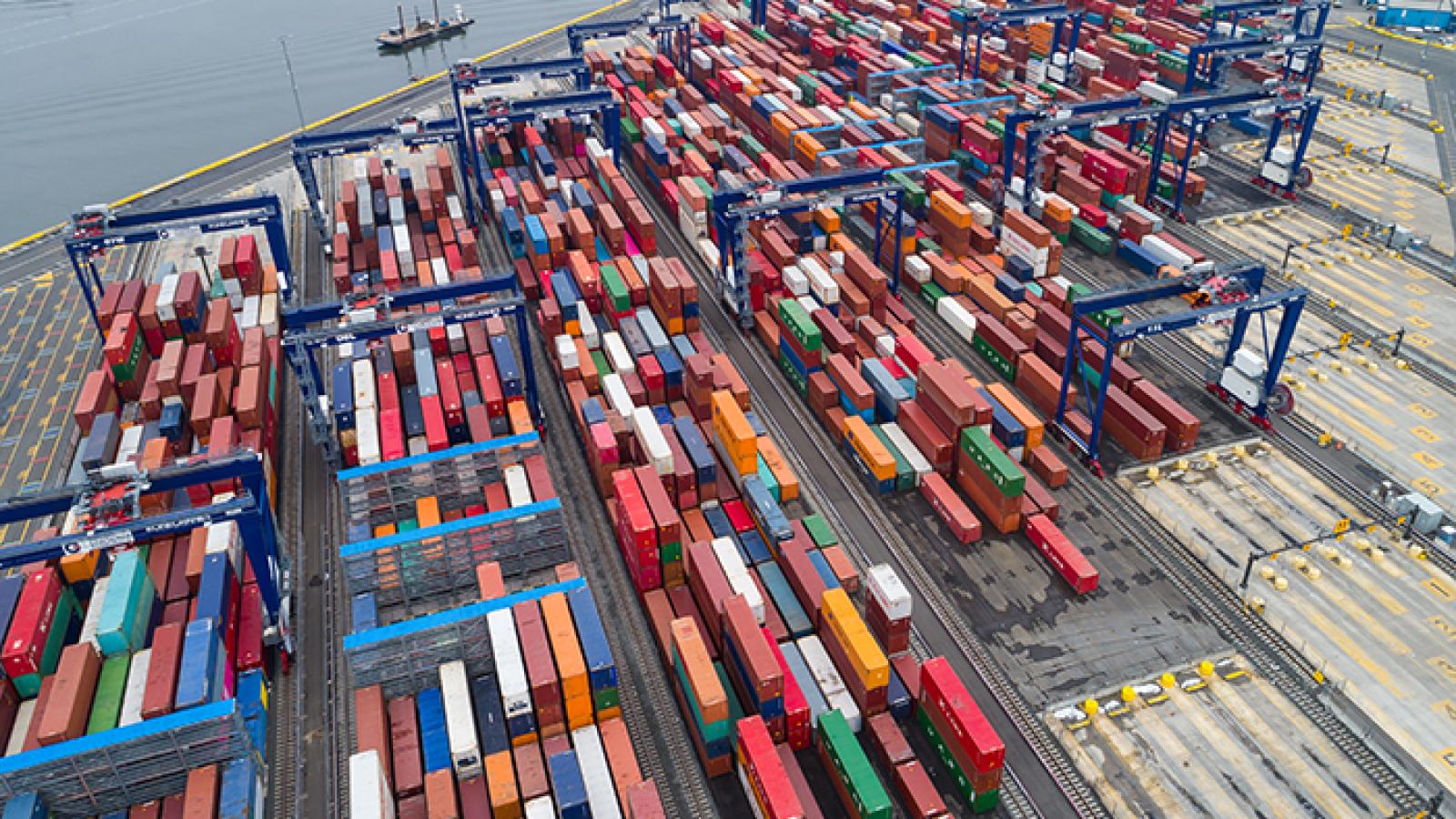Data released by the Kenya National Bureau of Statistics shows expenditure on imports from Russia and Ukraine surged nearly fourfold in the first half of 2023, reaching a record high of KES 50.97 billion. This represents a 369.98 percent increase over the KES 10.84 billion spent in the same period last year when key trade routes were blocked due to the Russia-Ukraine war that began in February 2022.
The Balance of Payments report for the second quarter of 2023, published by the statistics bureau, revealed the import bill from these two sources was driven largely by increased orders of wheat and maize grains. The report said there was an increase in imports of wheat from the Russian Federation and wheat and maize from Ukraine.
Imports from Russia were valued at KES 43.30 billion in the six months, a fourfold climb over KES 8.72 billion in the prior year, while Ukraine’s goods into Kenya were worth KES 7.66 billion compared with KES 2.12 billion. Grain shipments from Ukraine were especially helped by the yearlong agreement which allowed exports from the war-ravaged country via a safe channel through the Black Sea.
The agreement, known as the Black Sea Grain Initiative, was conceived in July 2022 in Istanbul, Turkey, following a pact involving Turkey, Russia and the United Nations.
Read more: Ruto signs Privatisation Bill into law
Kenya relies on both countries, especially Ukraine, for wheat supplies as it is used to bake food such as bread, chapati and cakes which form part of daily meals for most households.
The reduction in production and supply of wheat following the continuing war in Ukraine hit the global supply of the commodity last year, pushing global prices through the roof. Kenya experienced record prices for wheat as a result of the war earlier this year due to export curbs in India. This prompted Kenya to successfully seek approval from the East African Community’s Council of Ministers to allow Kenya to import wheat at 10% duty for a year from July as opposed to the standard 35% for the bloc.
The Black Sea Grain Initiative has played a crucial role in facilitating grain shipments from Ukraine via a safe channel through the Black Sea. On July 17, Russia announced it was ending its participation in the initiative, which allowed exports of grains and other agricultural products from Ukrainian ports.
The announcement had a negligible impact on commodity markets initially, with futures prices jumping after the announcement but trading below the previous day’s level by the end of the day. The decision by Russia was predicted to impact the supply of the grains especially on the deeply reliant developing countries. However, the larger factor is that supplies have been ample and prices low over the past several months. Global production of wheat and feed grains, including maize, is projected to be marginally higher in 2023 than in 2022 and should be sufficient to meet global demand without a significant drawdown in inventories, even absent supplies from Ukraine.
Email your news TIPS to editor@thesharpdaily.com


















